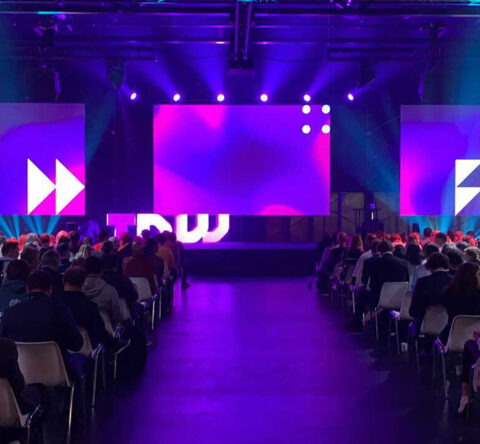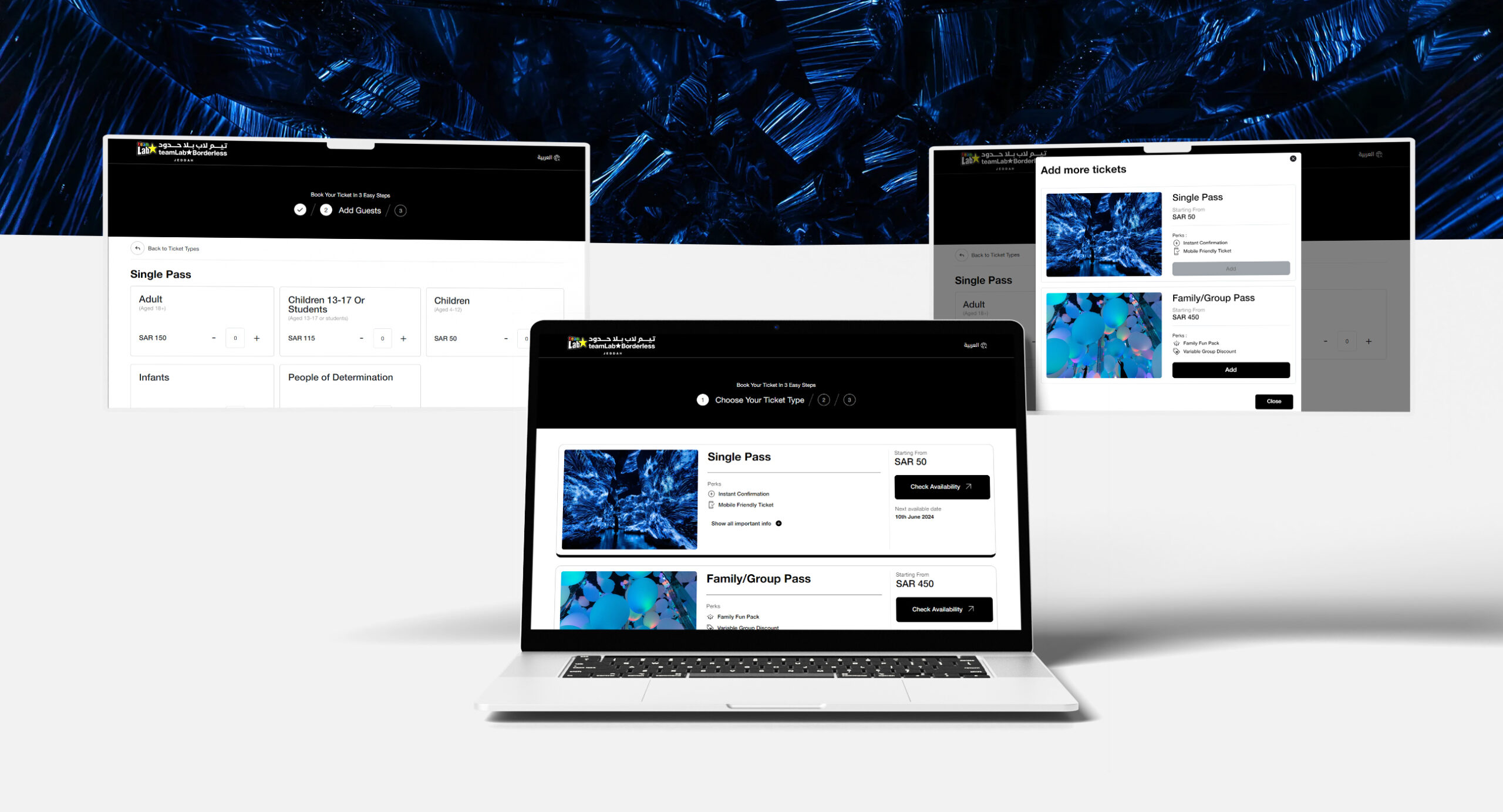Would you believe me if I told you the number of people indulging in online purchasing is growing exponentially? As a businessman, wouldn’t you want your brand to have an effective digital presence? Well, you’ve come to the right place.
Welcome to our Digital 101 series, which consists of six chapters to help you understand the know-how and basics of creating a digital presence for start-ups and entrepreneurs. The first chapter of this series will concentrate on whether digital transformation has an impact on a customer’s journey.
Chapter 1 – Is Digital Transformation Driving Customer Experience?
With time, comes change and with the change, comes new opportunities. Consumers have gradually become dependent on technology, in both personal and professional lives. This change has led to many businesses becoming more digitized to gain increased customer engagement, brand loyalty, and a boost in their market share.
If you think your company can survive by traditional means of business alone without incorporating technology and innovation, think again. Digitization has impacted every industry demanding instant communication, accessibility, flexibility, and enhanced user experiences. The change is here and now and if you want to hold a competitive edge in the market, you need to plan and adopt digital transformation.
With the booming market, digital transformation is known to have a massive influence on customer experience. Further in this chapter, you will be uncovering the importance of digital transformation, the rising demand for digital transformation in the UAE, how Covid-19 has impacted businesses in the UAE, and a holistic approach to digital transformation. But let’s begin with…
What is Digital Transformation?
Digital Transformation, in a nutshell, is described as the integration of digital innovations into business models in a business ecosystem.
A company is said to be going through a digital transformation when it adopts digital technologies to improve its processes and increase productivity to offer enhanced customer experiences. A SAP study states up to 93% of companies agreed that innovative technologies are key to achieving digital transformation goals.
Digital Transformation is essential for greater customer experience, especially for start-ups. Attention to innovation helps enterprises be more in sync with consumer requirements; this in turn increases the probability of pinpointing the problem and successfully addressing it. This gives them a competitive advantage against companies that have not used digital transformation to their benefit.
Digital customers expect to have a high degree of transparency from organizations, clear communication, access to what they are looking for at the tip of their fingers, timely delivery, and a personalized customer journey. If they do not have their requirements met, they will look for other companies that do fulfil their needs. Hence why companies especially start-ups should focus on a rather personalized approach that will tick all expectations for a seamless customer journey.
With respect to the increasing digital transformation, the UAE has not fallen short to show their contribution. Economic strategies like UAE Vision 2021 and UAE Centennial heavily revolve around the themes of digitization and transformation. Moreover, UAE is ranked as the 12th most competitive country, according to the IMD World Digital Competitiveness Ranking 2019.
The Impact of Covid-19
According to the Ministry of Economy, small and medium-sized enterprises (SMEs) contribute 52% of the UAE’s non-oil GDP in December 2019. Due to the disruption caused by Covid-19, a survey by MAGNiTT Research confirmed 59% of small enterprises were already impacted by the pandemic whereas 48% and 53% of start-ups, observed income-generation as a point of concern and decided to implement changes in their business strategies to sustain in the market, respectively.
MEED states, the digital transformation of companies has been the most noteworthy development during this pandemic in the UAE. Organizations are starting to build e-commerce platforms in order to enhance customer experience. Creating a digital network can pose to be difficult and costly. The collaboration between Dubai Mall and Noon can be seen as one such example of collaborations between large enterprises and SMEs.
Richard Thompson, Editorial Director at MEED said, “The SME sector is vital for innovation, new job creation, and growth” and with the help of Gulf Capital SME Insights, a program that provides support for SMEs sustainability and growth in the market, Thompson is positive start-ups can not only sustain but thrive in the region.
An Omnichannel Experience?
Customers want quick and easy access to get what they want by not having to put in tremendous effort – this calls for an omnichannel experience. Here are some ways to integrate digital transformation in your firm:
Personalized Customer Journey:
According to a research by Accenture, 75% of buyers are more susceptible to (re)purchase if the company addresses them by their name, is aware of their purchase history, and provide recommendations based on the same. With that being said, how can you personalize a customer journey? It is imperative that businesses pay great attention to what channels do their customers come from and the knowledge they seek. An average reader has an attention span of 15 seconds so you don’t want to be bombarding your client with irrelevant details. One great way to customize your customer’s journey is by scheduling emails – email automation.
An average reader has an attention span of 15 seconds. That’s all you’ve got!
UX/UI Design:
Companies have increasingly started investing in applications and websites that make their aesthetics easy to understand. User Experience (UX) design focuses on the functionality of the software, the ease of reaching the objective, and providing customer satisfaction whereas, User Interface (UI) design focuses on the appearance of the application and/or website and its interactivity. UX/UI Design plays a vital role in advancing user experience and customer satisfaction like introducing chat-bots, on-screen guidance, interactive know-how, and rewards to opt for online engagement.
Gamification:
Gamification is yet another customer-centric strategy that helps in increasing customer interaction and brings brand identity in play. The key is to make sure that the content is in-line with its objective and brand strategy. With the help of incentives, gamification is an indirect way of advertising a company’s brand, the story and it’s representation to the right target audience. Implementation of Augmented Reality (AR), Virtual Reality (VR), and Mixed Reality (MR) are also known to drive digital transformation.
Instead of concentrating on individual touchpoints, a multi-channel approach as such makes for a cohesive and positive customer experience.
The journey to digital transformation requires a fair understanding of the business strategy, business model, and future plans. With the digital acumen, ability to conduct thorough company and market research, GTECH can help companies like you by preparing a tailor-made transformation program with our professionals and help you create a digital presence that is both effective and efficient to create value now and in the future.
Related Post
Publications, Insights & News from GTECH








